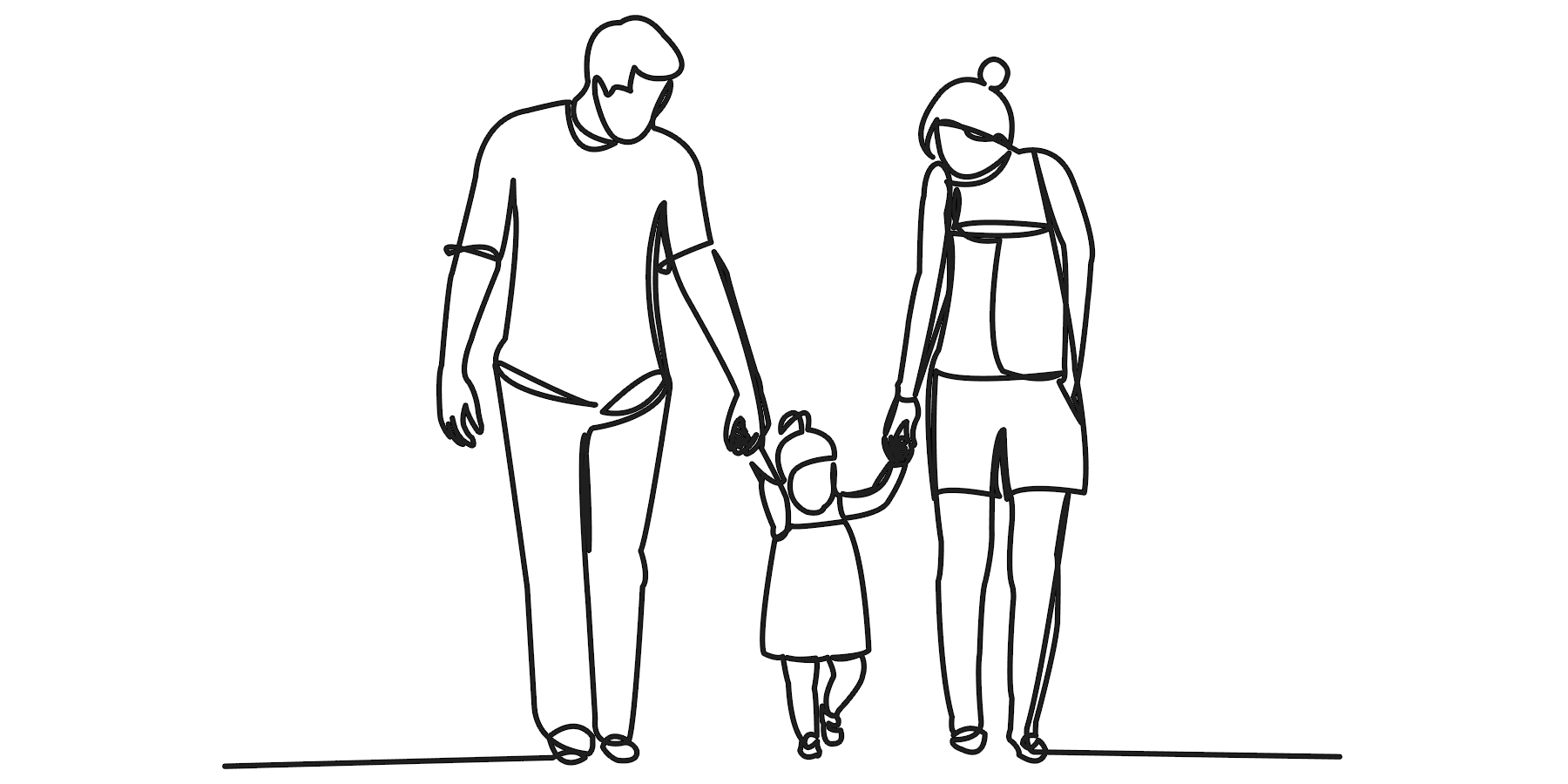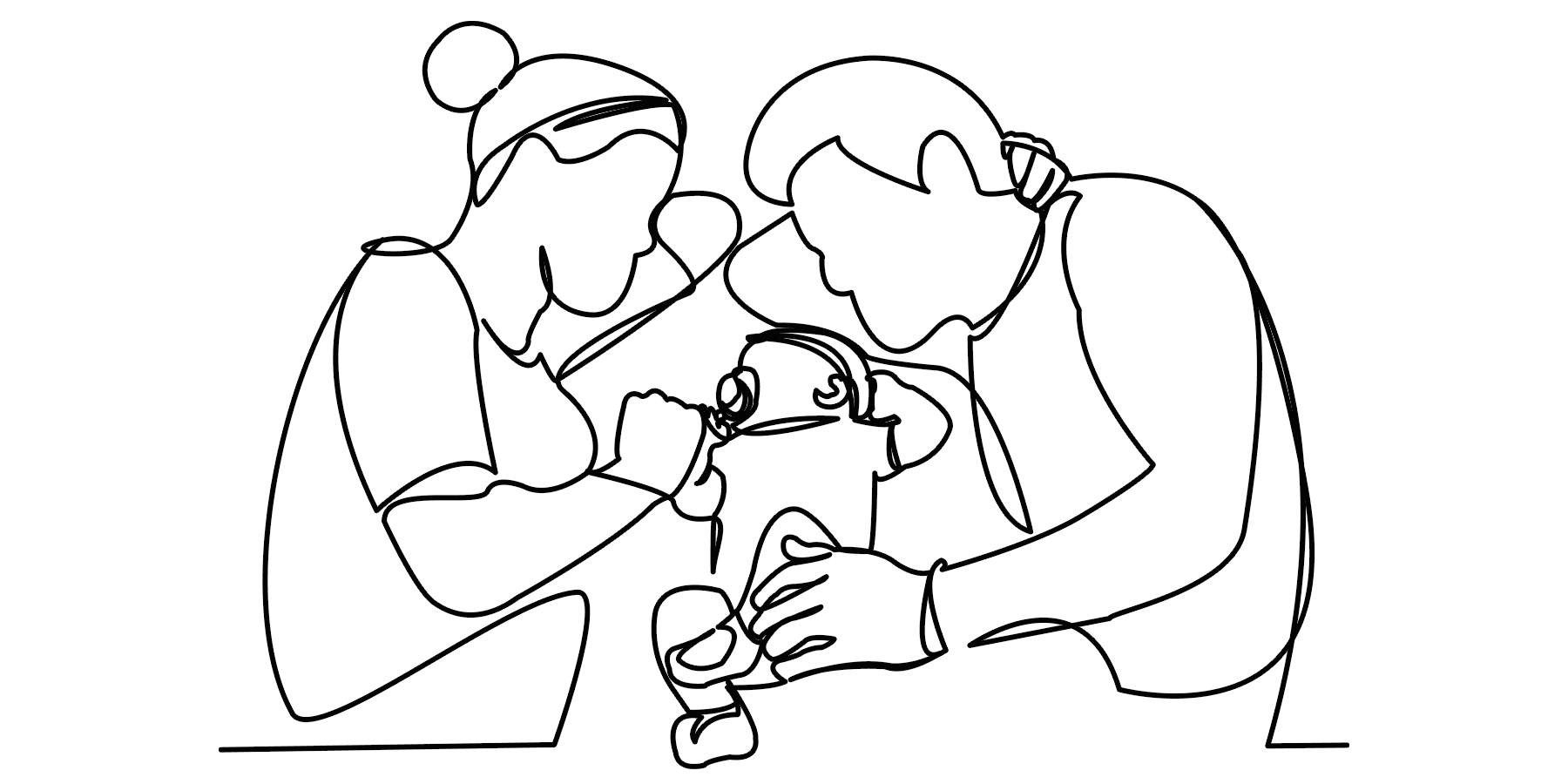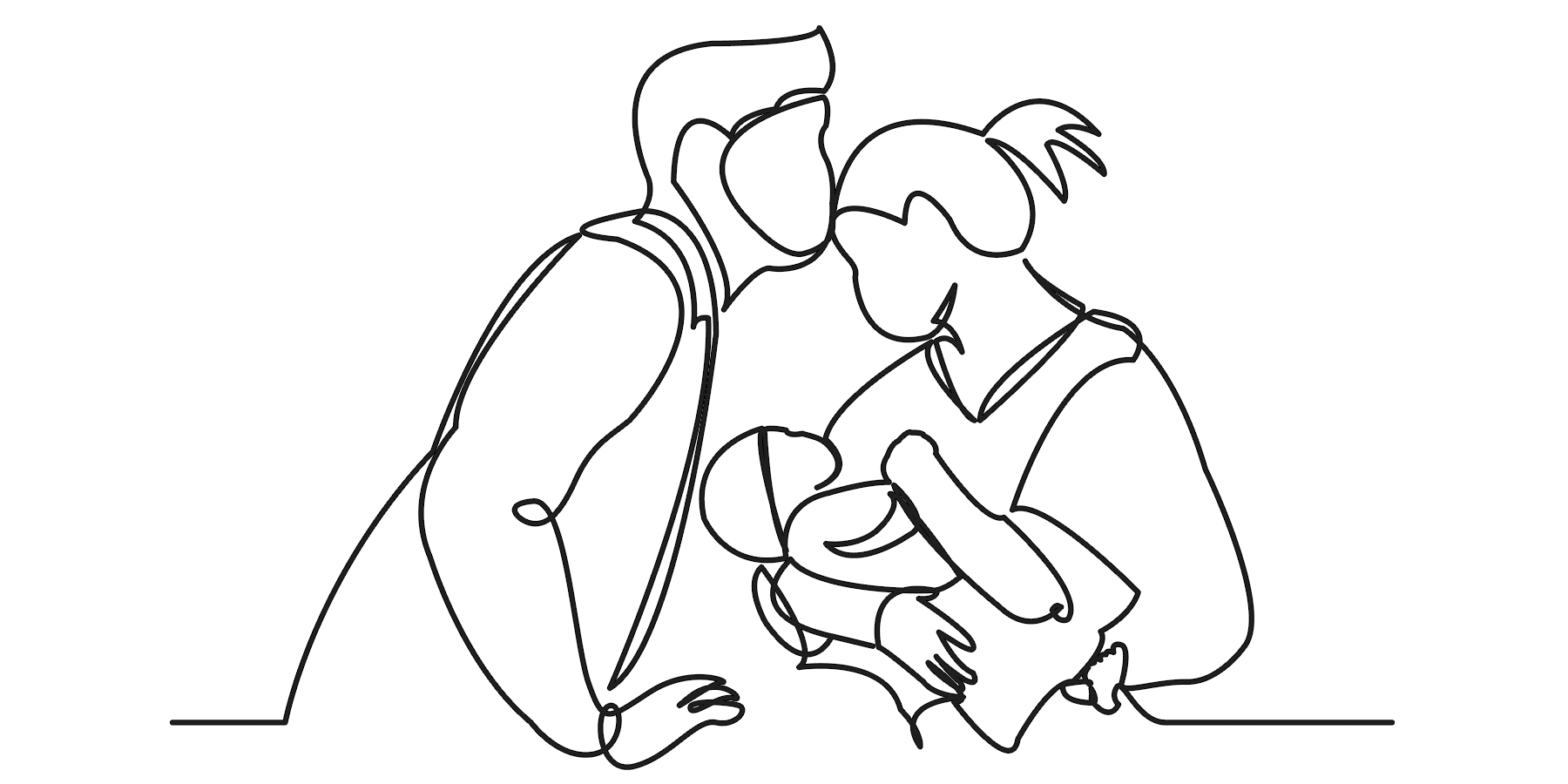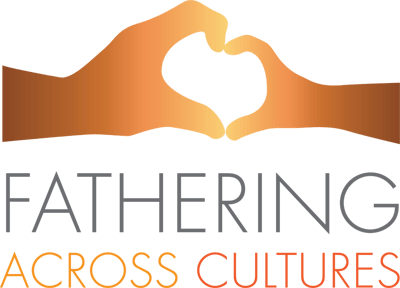Who the Guide is for
The Guide can be used by individuals engaged in a broad range of organisations and services that interact with, and provide services to, the community, such as:
Generalist community and health services, including primary health care providers, particularly General Practitioners and Maternal and Child Health Nurses; Local Government; sports organisations; men’s sheds; and educators.
Specialist community and health services that primarily work with people from migrant and refugee backgrounds, including organisations providing various settlement services; torture and trauma counselling services; migrant health services; and transcultural mental health services.
Multicultural or ethno-specific community organisations, Migrant Resource Centres, multicultural community services or hubs as well as the large number of organisations catering for a specific language, cultural or religious group.
This Guide is also for individuals who are community leaders or faith leaders, and therefore have significant standing and authority within communities and may be the go-to people for advice and support.
Depending on the role, your level of engagement and interaction with new or expectant fathers from migrant and refugee backgrounds will be different. In recognition of the diversity of organisations and services—and therefore, of the level of engagement—the information in this Guide can be tailored to a range of settings and is applicable to a range of circumstances.

Although there are challenges in engaging fathers in general [1], men from migrant and refugee backgrounds who recently migrated to, and settled in, Australia may require specific approaches that factor in a range of cultural complexities. These complexities include:
- limited English
- lack of networks
- lack of family and community resulting in isolation
- limited understanding and awareness of Australian systems
- traumatic, refugee-like pre-migration experiences
- different cultural expectations of fatherhood and family relationships
- feelings of frustration, anger and a sense of hopelessness as a result of unmet expectations held prior to migration[2]
While men who were born and grew up in Australia do not have to face challenges related to adapting to a new country and language, the transition to fatherhood may still require making decisions about how they will maintain family belief systems, practices and traditions in a cross-cultural environment[3], or how to manage family and community expectations.

What to consider
- In your professional or volunteering role/s, do you interact with men from migrant and refugee backgrounds who may be new or expectant fathers?
- If so, how close and regular is such interaction?
- As part of such interaction, do you discuss, or have opportunities to discuss the men’s experiences around fatherhood? Do you share any information or advice in this regard?

Why use the Guide
The Guide supports engagement with new and expectant fathers from migrant and refugee backgrounds to:
- help them to appreciate their current or future role as parents and partners
- provide them with access to evidence-based and culturally appropriate information and advice
- support them to maintain healthy and respectful family relationships
The purpose of engagement is to provide a safe space for interaction, in a constructive and affirmative way, and to focus on the positivity of fatherhood experience and respectful family relationships. Engagement can also help men participate in their local community, meet other fathers to exchange experiences, and feel that they belong and play a key role in the wellbeing of their families and communities.

The approach
This Guide supports engagement that is:
- Person-centred
- Trust-based
- Strength-based
- Prevention-focused
- Embedded in positive narrative
The approach acknowledges the importance of the father’s role in shaping the family environment and positively influencing their children’s lives and future views of relationships by normalising gender equality in family relationships and in the context of fatherhood.

[1] Andrew King, Joe Fleming, Dave Hughes, Mohamed Dukuly, Marc Daley and Tick Welsh, Practitioner’s Guide to men and their roles as Fathers, Men’s Health Resource Kit 3 (Penrith, MHIRC, Western Sydney University, 2014) 8.
[2] Andrew King, Joe Fleming, Dave Hughes, Mohamed Dukuly, Marc Daley and Tick Welsh, Practitioner’s Guide to men and their roles as Fathers, Men’s Health Resource Kit 3 (Penrith, MHIRC, Western Sydney University, 2014) 20.
[3] Gabriela Salabert, ‘Perinatal Experiences in a Foreign Land’, Refugee Transitions, 59.
Download this page as a fact sheet
PDF format
Microsoft Word format
